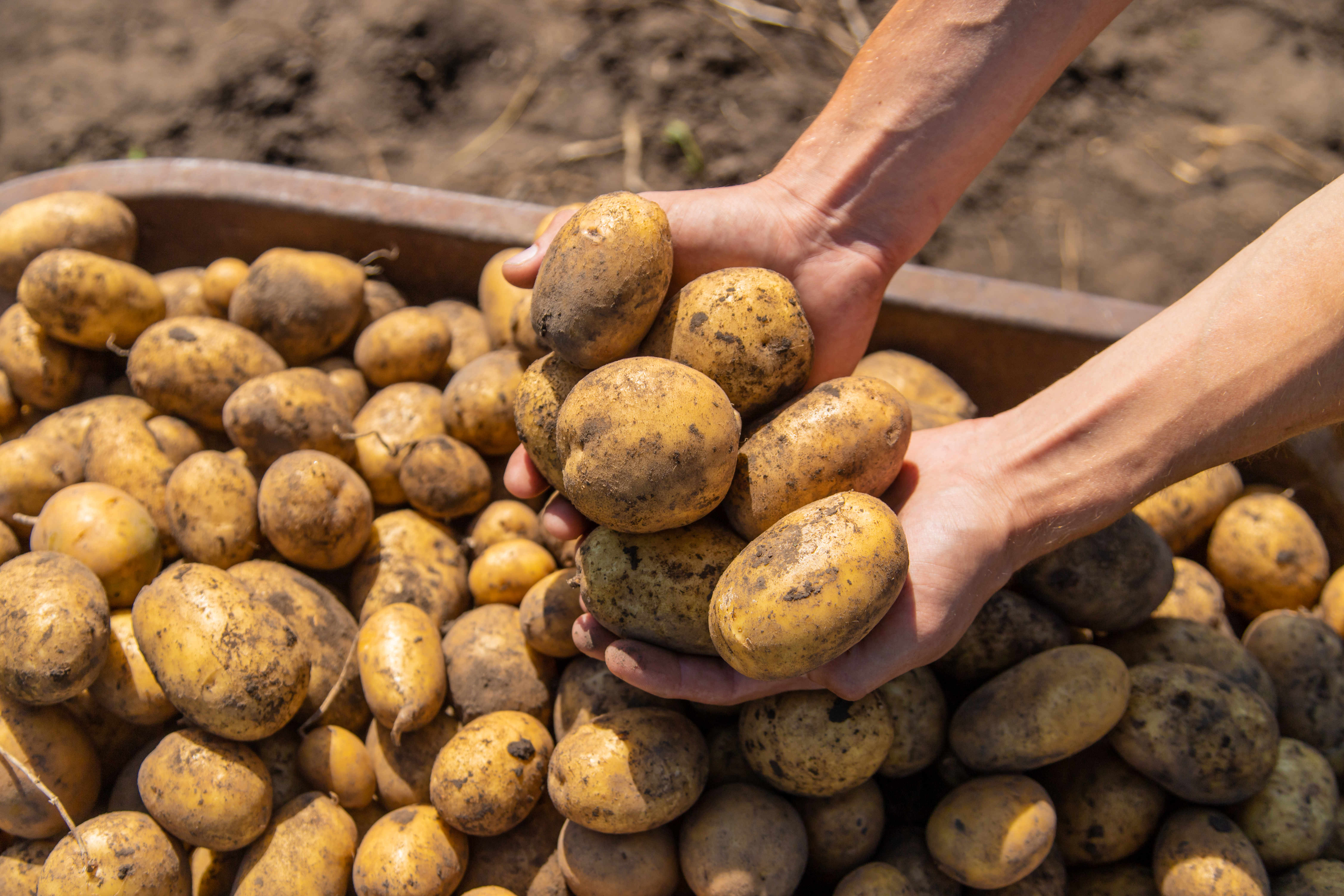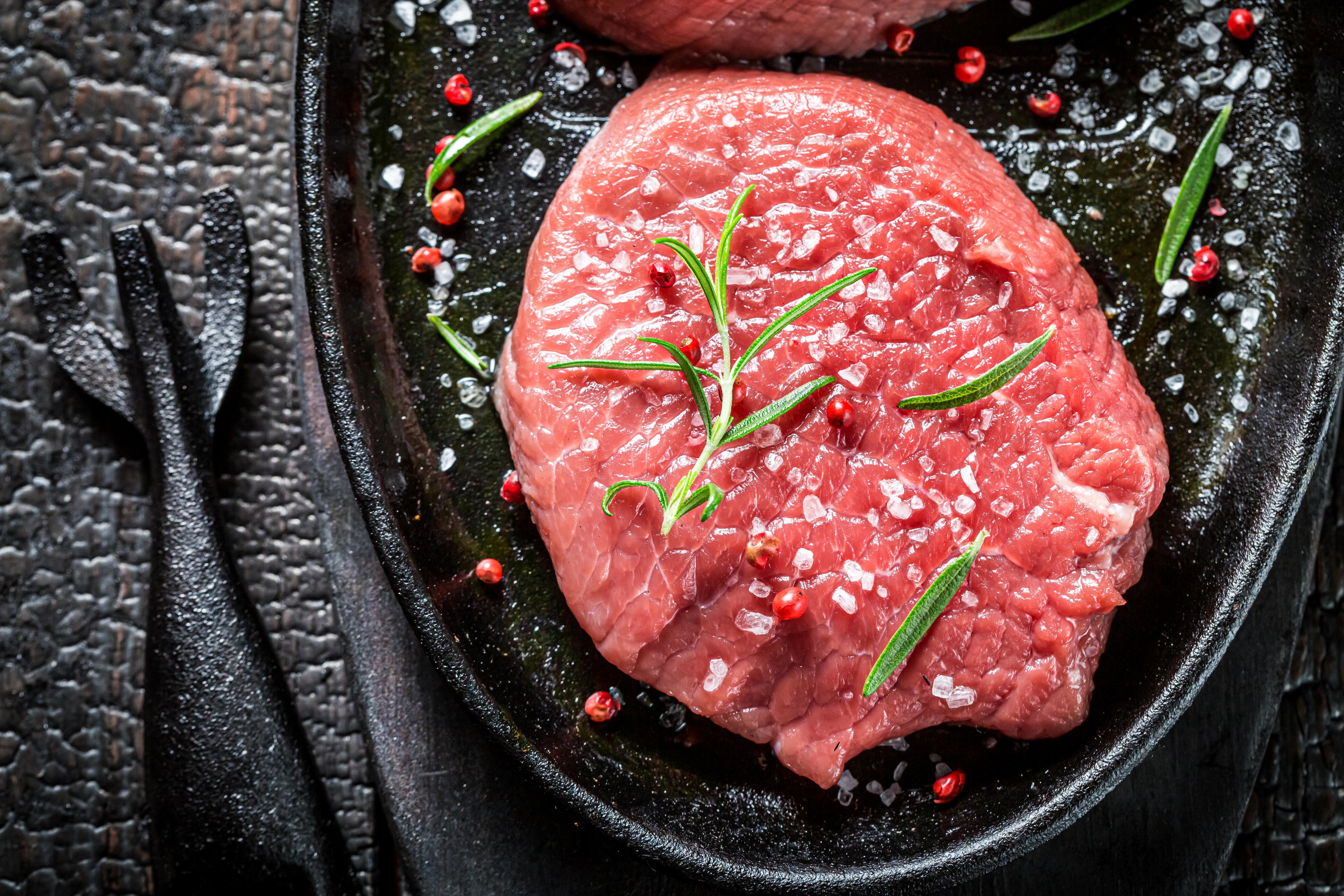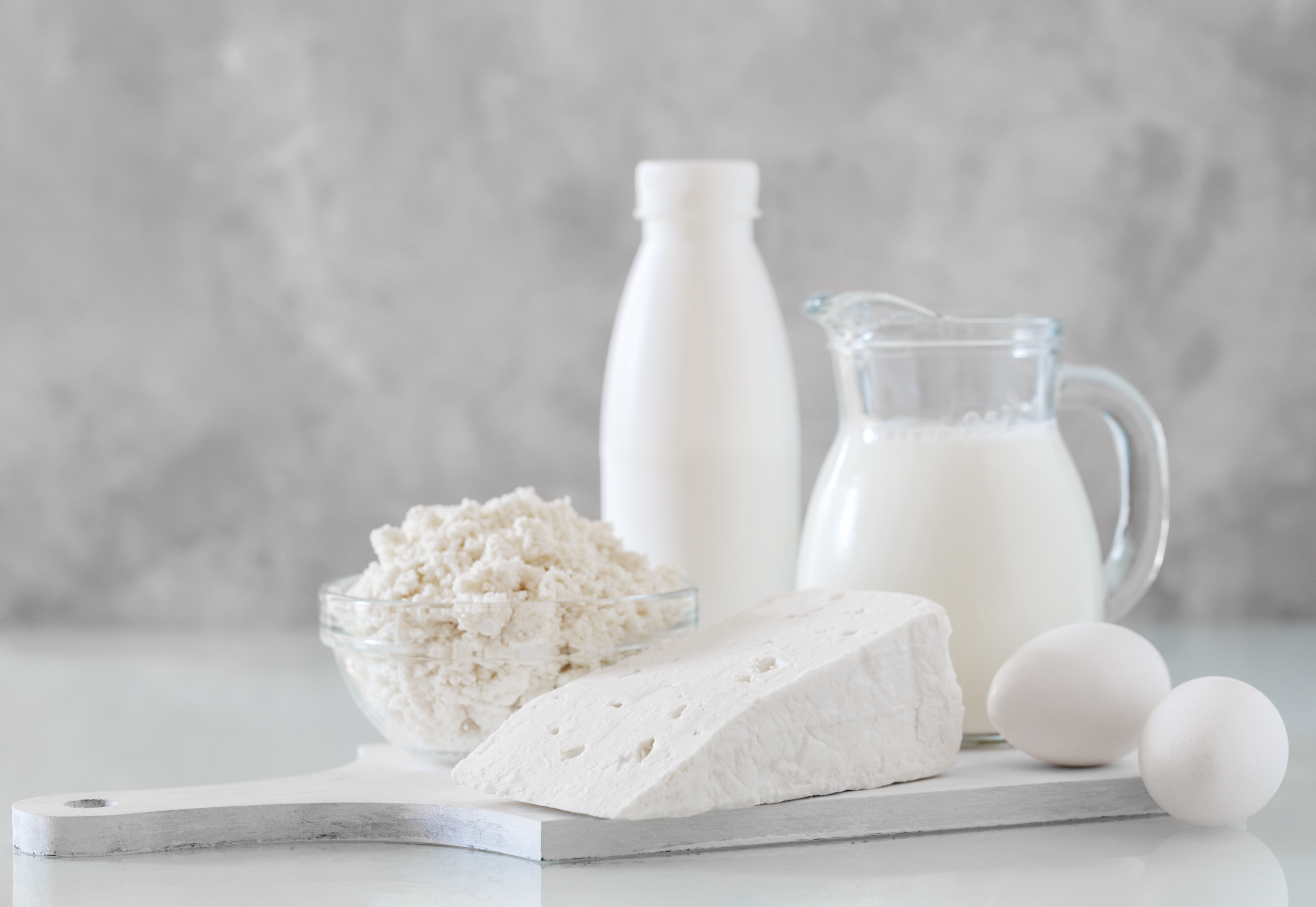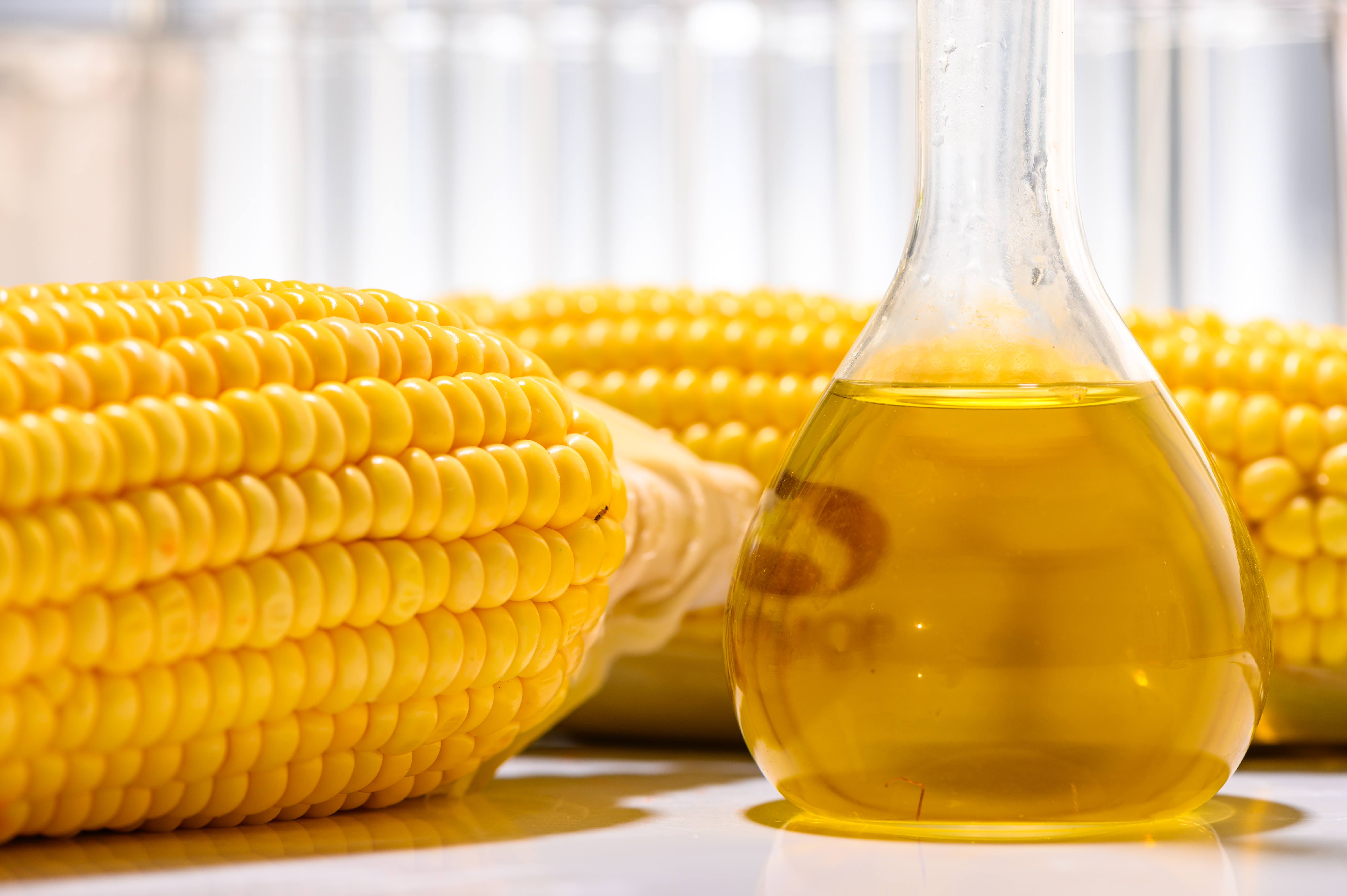7 Surprising Foods That Trigger Joint Inflammation
Joint pain is a common ailment affecting millions worldwide, often attributed to age, injury, or chronic conditions like arthritis. However, an often-overlooked factor is diet, with certain foods silently exacerbating inflammation. While most people focus on avoiding the usual suspects like sugar and trans fats, there are unexpected foods that might secretly fuel joint inflammation. This article delves into 7 such foods, unraveling the mystery of how they contribute to discomfort and pain. By understanding these hidden triggers, individuals can make informed dietary choices to potentially alleviate joint issues and improve overall well-being.
1. The Surprising Role of Nightshades

Nightshade vegetables, including tomatoes, potatoes, and peppers, are staples in many diets, celebrated for their nutritional benefits. However, they contain solanine, a chemical compound that can trigger inflammation in sensitive individuals. Solanine is believed to interfere with enzymes in the muscles, potentially leading to joint pain and stiffness. While not everyone is affected, those with existing inflammatory conditions like arthritis may find relief by reducing their intake of nightshades. Research is ongoing, but anecdotal evidence suggests that eliminating or limiting these foods can help manage symptoms, offering a simple dietary adjustment for those suffering from joint discomfort.
2. The Dark Side of Red Meat

Red meat is a rich source of protein and essential nutrients, but it also contains high levels of saturated fats and advanced glycation end products (AGEs). AGEs are compounds formed when proteins or fats combine with sugars in the bloodstream, and they are known to promote inflammation. Consuming large amounts of red meat can increase the level of AGEs in the body, leading to oxidative stress and inflammation. For individuals with joint issues, reducing red meat consumption and opting for leaner protein sources like fish or plant-based alternatives may help to decrease inflammation and alleviate joint pain over time.
3. The Hidden Dangers of Dairy

Dairy products are often touted for their calcium content and bone-strengthening properties; however, they can be problematic for those with joint inflammation. Dairy contains a protein called casein, which can irritate the tissue around joints in some individuals. Additionally, full-fat dairy products are high in saturated fats, which can contribute to inflammation. People with lactose intolerance or a sensitivity to casein may experience exacerbated joint pain due to these factors. Exploring non-dairy alternatives like almond milk or soy-based products can provide necessary nutrients without the inflammatory side effects, offering a path to reduced joint discomfort.
4. The Inflammatory Impact of Refined Carbohydrates

Refined carbohydrates, found in white bread, pastries, and many processed foods, can spike blood sugar levels and lead to increased production of pro-inflammatory cytokines. These substances are part of the body's immune response and can exacerbate inflammation when overproduced. For individuals with joint inflammation, consuming refined carbohydrates can result in heightened pain and swelling. Switching to whole grains and complex carbohydrates can help stabilize blood sugar levels and reduce inflammation. By making this dietary shift, individuals may experience not only less joint pain but also improved energy levels and overall health.
5. The Unexpected Effects of Corn Oil

Corn oil is a common cooking ingredient, but it is high in omega-6 fatty acids, which can promote inflammation when consumed in excess. The modern diet often includes a disproportionate ratio of omega-6 to omega-3 fatty acids, tipping the balance towards inflammation. Omega-3 fatty acids, found in foods like fish, flaxseeds, and walnuts, are anti-inflammatory and can help counteract the effects of omega-6s. Reducing corn oil consumption and incorporating more omega-3-rich foods into the diet can help restore balance and potentially reduce joint inflammation, providing a simple yet effective dietary modification for those seeking relief.
6. The Surprising Effects of Certain Alcohols

While moderate alcohol consumption is often considered safe, certain types of alcohol, such as beer, can exacerbate joint inflammation. Beer contains purines, which are converted into uric acid in the body. High levels of uric acid can lead to gout, a form of arthritis characterized by severe joint pain. Additionally, alcohol can interfere with the body's ability to absorb essential nutrients that combat inflammation. For individuals experiencing joint pain, moderating alcohol intake and opting for beverages with lower purine content, such as wine in moderation, may help manage inflammation and reduce discomfort.
7. The Unseen Impact of Artificial Sweeteners

Artificial sweeteners, often used as a sugar substitute, can have unexpected effects on joint health. Some studies suggest that these sweeteners may trigger inflammatory responses in certain individuals, potentially due to their impact on gut health. Aspartame, in particular, has been linked to increased inflammation and joint pain in sensitive individuals. While more research is needed to fully understand the connection, those experiencing unexplained joint pain might consider reducing their intake of artificial sweeteners. Opting for natural sweeteners like honey or maple syrup in moderation could provide a more joint-friendly alternative, potentially alleviating inflammation-related symptoms.
Navigating Dietary Choices for Joint Health

Understanding the link between diet and joint inflammation is crucial for those seeking relief from chronic pain. While the foods discussed—nightshades, red meat, dairy, refined carbohydrates, corn oil, certain alcohols, and artificial sweeteners—may not affect everyone equally, they can significantly impact those with sensitivity or existing inflammatory conditions. By identifying and moderating the intake of these unexpected culprits, individuals can take proactive steps towards reducing joint inflammation. This dietary awareness, combined with other lifestyle modifications, can lead to improved joint health and a better quality of life, empowering individuals to make informed choices for their well-being.